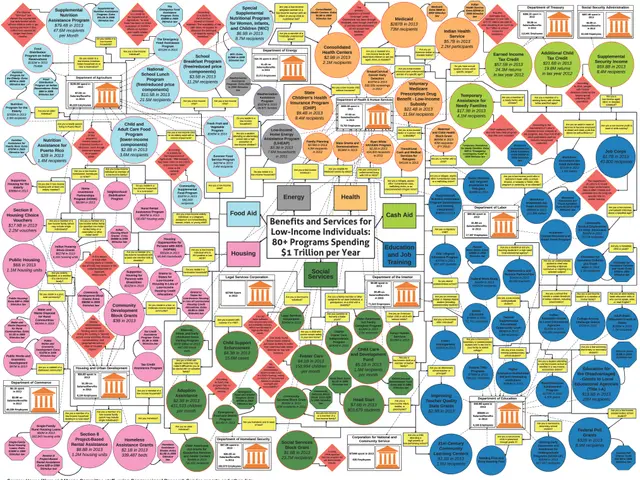Exploration of Literature's Role in Defining Cultural Identity
In today's globalized world, literature continues to play a significant role in shaping and preserving cultural identity. This powerful medium serves as a bridge between communities, fostering understanding and challenging homogenizing forces in our world.
Literature, encompassing a wide range of genres such as poetry, novels, plays, and essays, refers to written works considered to have artistic or intellectual value. It is a potent tool for transmitting cultural values from one generation to the next, helping to preserve and promote cultural heritage.
One of the most impactful ways literature contributes to this preservation is by portraying the values, beliefs, and traditions of a particular culture. For instance, Chinua Achebe's "Things Fall Apart" and Amy Tan's "The Joy Luck Club" offer profound insights into the cultural identity of their respective societies.
Authors like Ngũgĩ wa Thiong’o, Amadou Hampâté Bâ, Yambo Ouologuem, and Massa Makan Diabaté have made significant strides in addressing the impact of colonization on African culture. Through works like Decolonising the Mind and Moving the Centre, Ngũgĩ wa Thiong’o analyses how colonialism and neocolonialism shaped Africa's political, economic, and social structures. Amadou Hampâté Bâ researched lost traditions and criticized colonial rule when it ignored those traditions. Yambo Ouologuem's debut novel The Duty of Violence critiques both African rulers and colonial powers, while Massa Makan Diabaté explores the conflict between tradition and modernity in a colonial context.
Literature also has the power to challenge traditional notions of cultural values by offering alternative perspectives and questioning established norms. By amplifying marginalized voices and offering diverse representations of cultural identity, literature can promote inclusivity and foster empathy across cultures.
In conclusion, literature plays an essential role in shaping and reflecting cultural identity. It serves as a beacon of cultural heritage, a bridge between communities, and a catalyst for change in our globalized world.
Read also:
- Peptide YY (PYY): Exploring its Role in Appetite Suppression, Intestinal Health, and Cognitive Links
- Toddler Health: Rotavirus Signs, Origins, and Potential Complications
- Digestive issues and heart discomfort: Root causes and associated health conditions
- House Infernos: Deadly Hazards Surpassing the Flames








